Before 1868, curry was not part of the Japanese diet. For years, Japan had closed its doors to the outside, and as a result, curry and other foreign influences were not introduced to the country until it reopened its doors to the world in 1868.
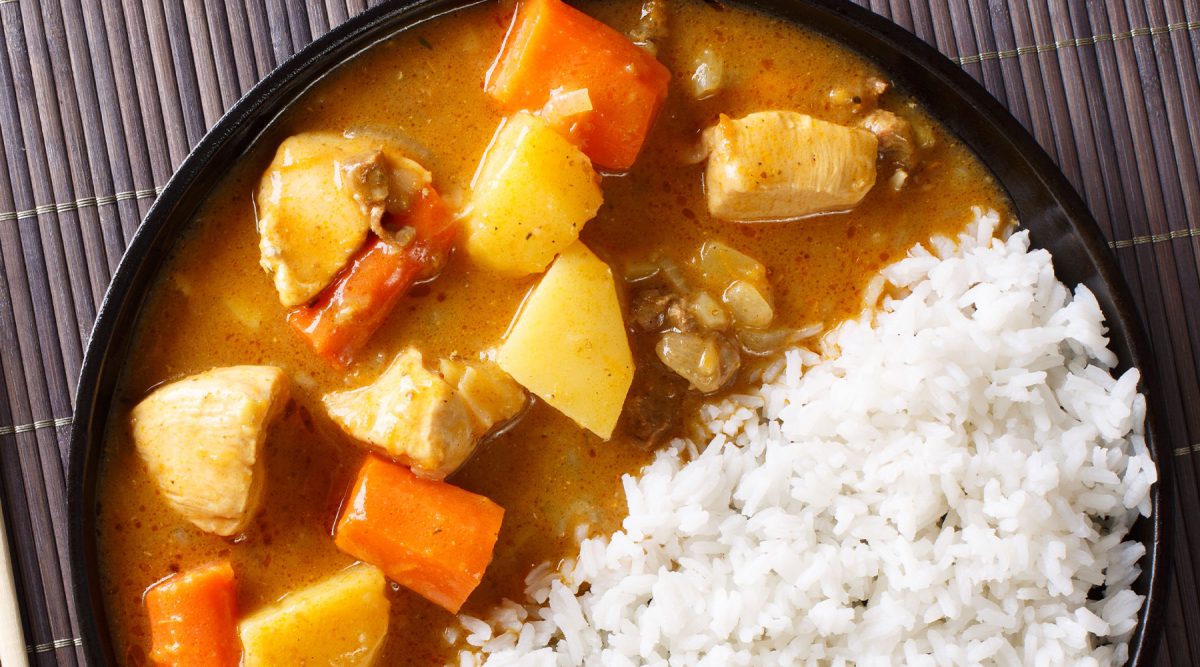

Before 1868, curry was not part of the Japanese diet. For years, Japan had closed its doors to the outside, and as a result, curry and other foreign influences were not introduced to the country until it reopened its doors to the world in 1868.
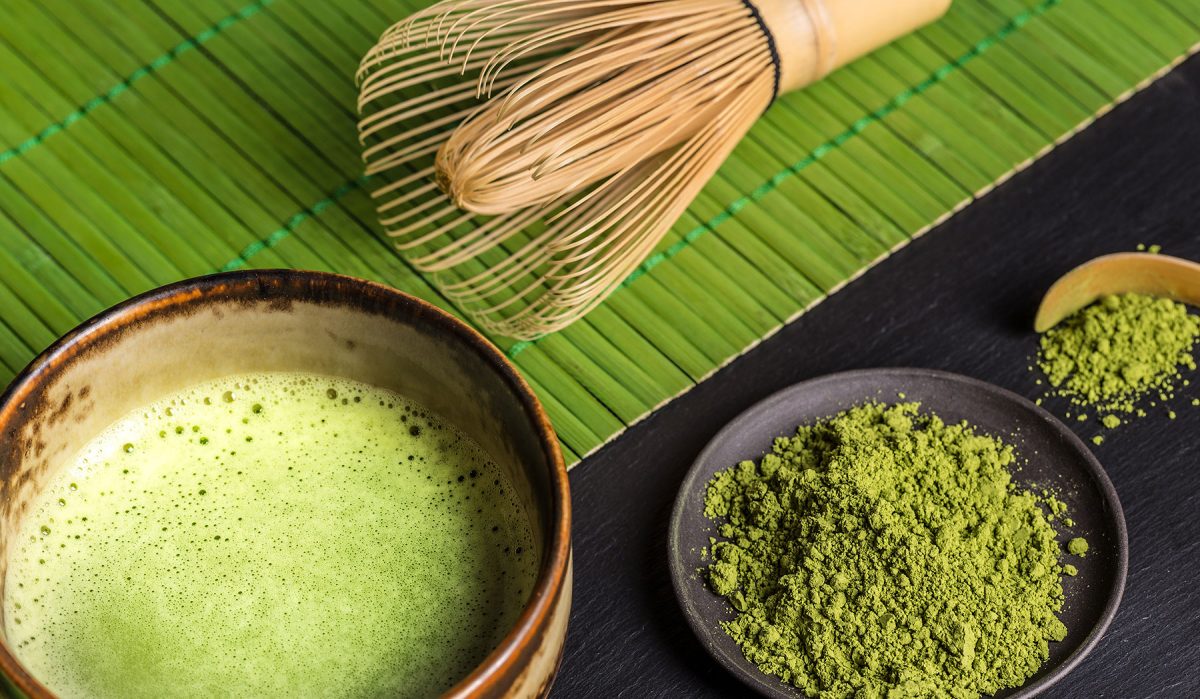
Yamashiro is an area in Japan near Kyoto, famous for its production of the finest teas in Japan.
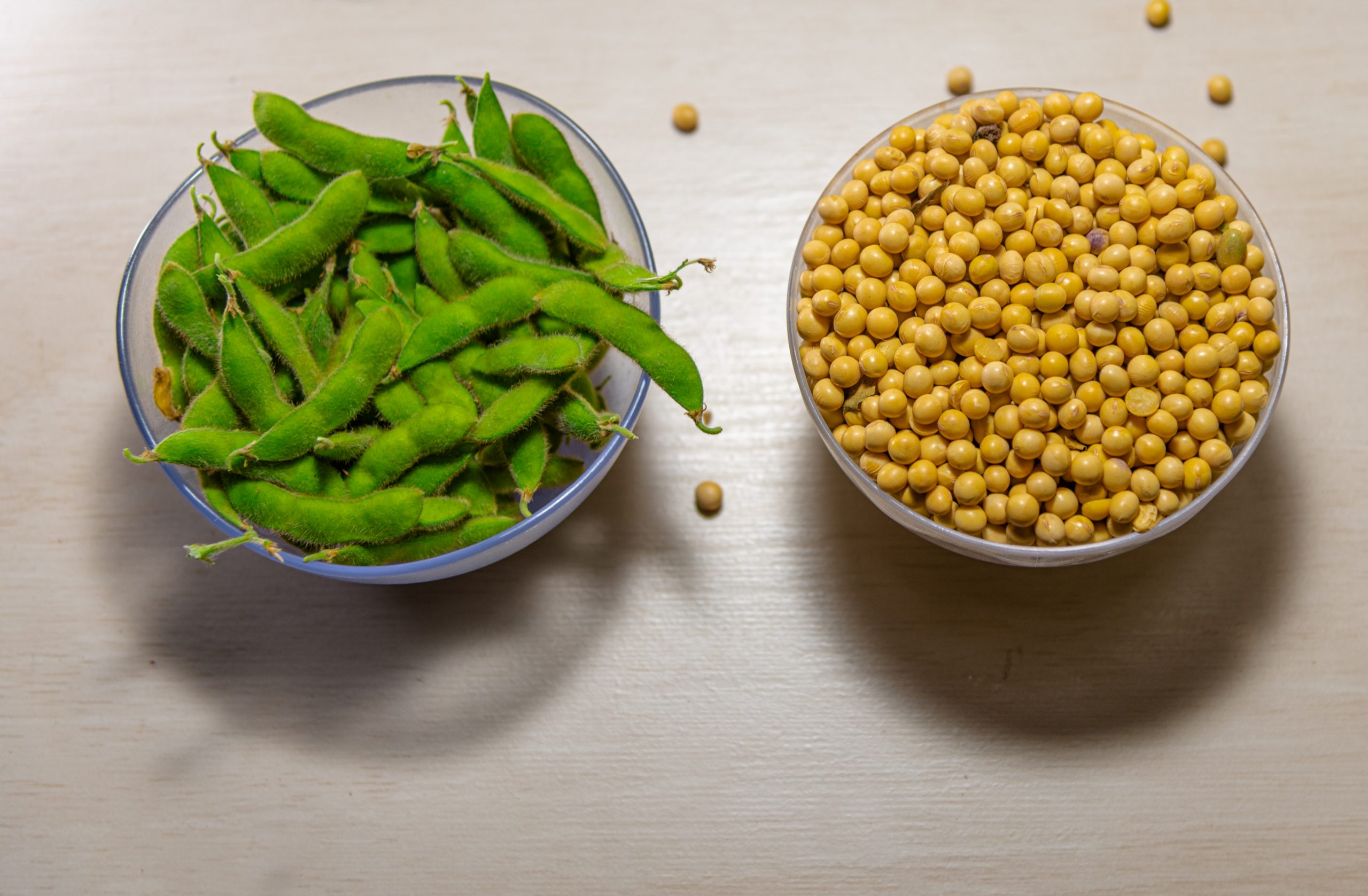
The soya bean is remarkable. From this single bean a plethora of products are borne, from tofu to soy sauce. It is also a vital component in the production of other basic Japanese ingredients, such as some types of miso, or served alone as a dish.
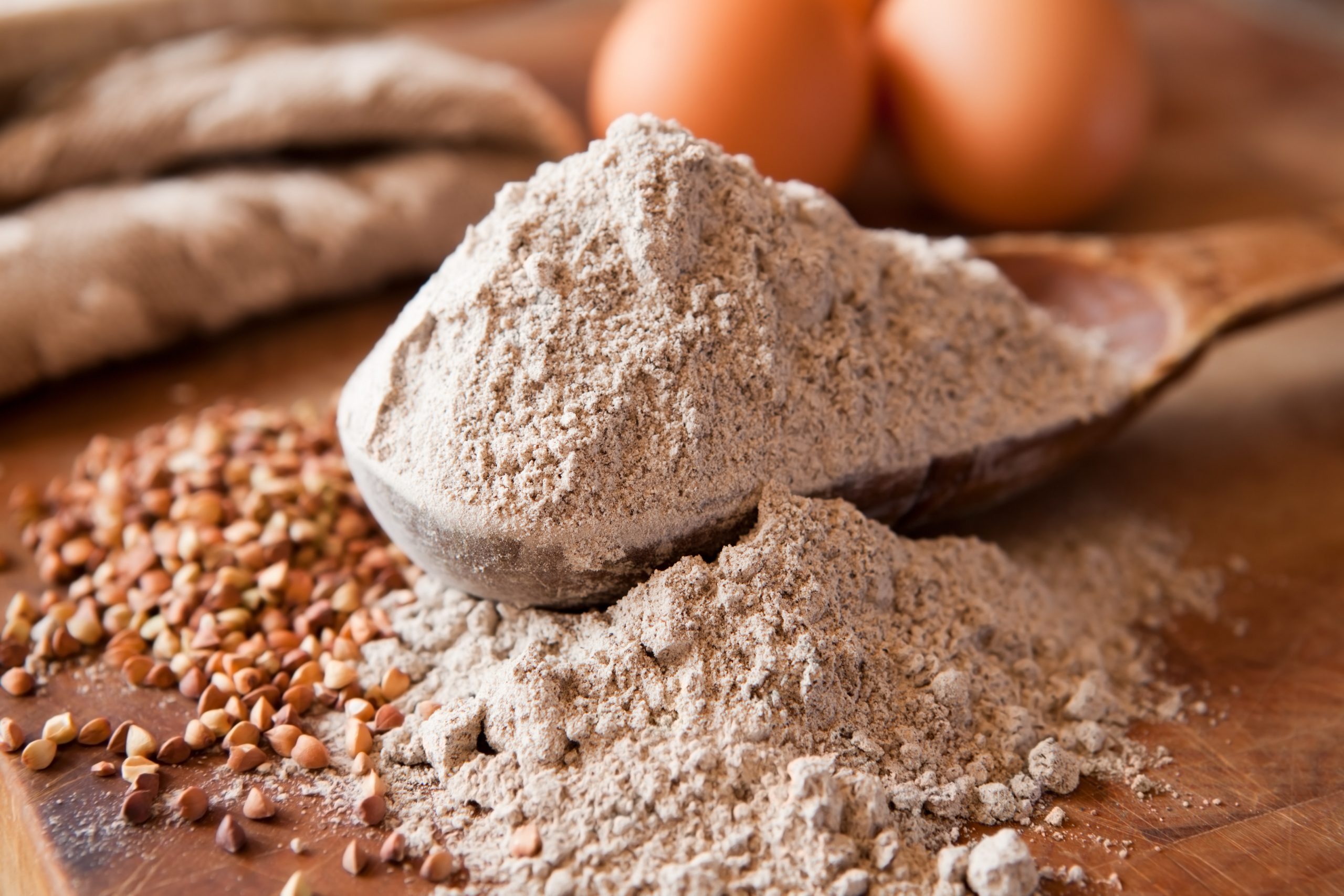
In Japan, there are several other types of flour aside from wheat flour.
Gooey and chewy. This is an easy way to include mochi in your diet. It makes cute appetizers as well!
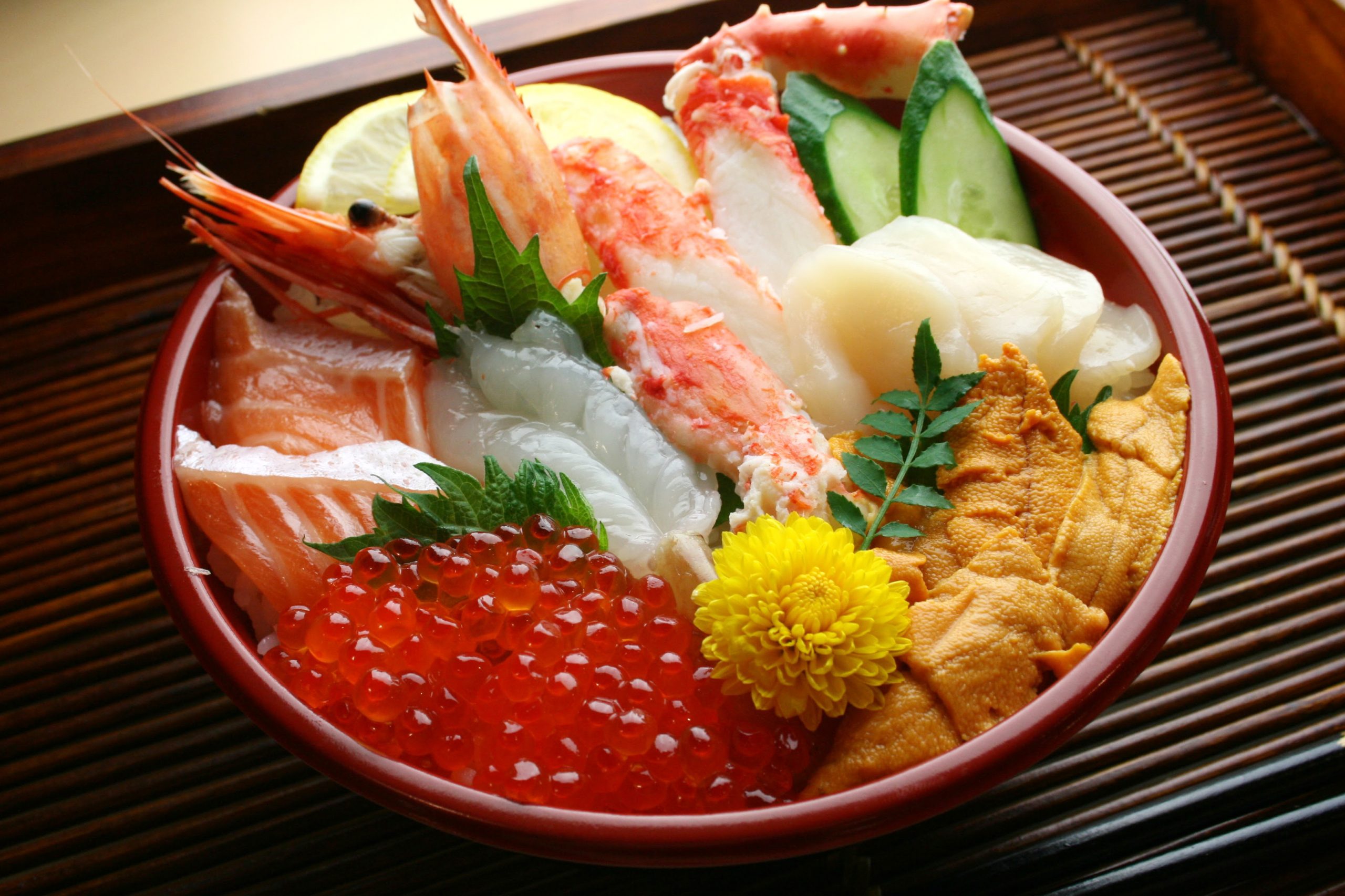
Hokkaido is off the tip of the main island, Honshu. It is the northernmost island and has a climate not as mild as the rest of Japan. In the winter, there is snow and temperatures reach freezing levels, while in the summer, it is hot.

It is time again to enjoy rice of the new harvest!
Though rice is eaten in the West, its relationship with the Japanese is
quite special. Rice is considered extremely valuable, and we appreciate
the farmers who devote themselves to its cultivation and production year
round. There are even festivals throughout Japan celebrating the planting of new rice crops yearly!
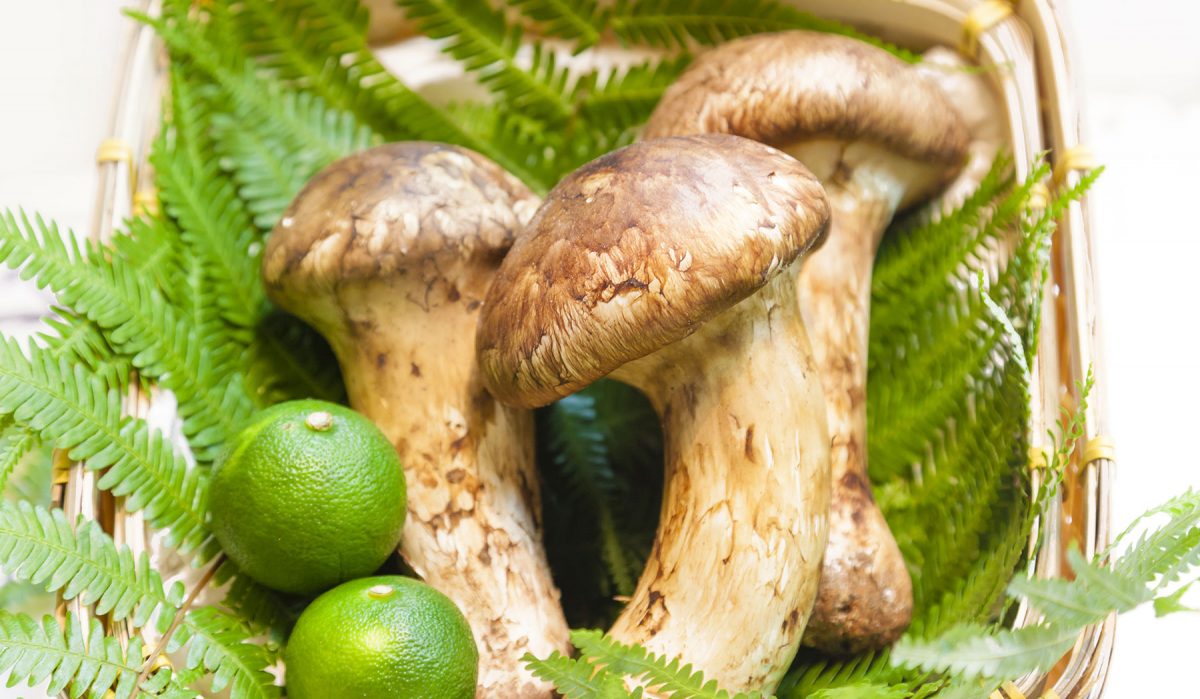
Fall is the season of mushrooms. There are several varieties, such as Shiitake, Shimeji, Enokidake, Eringi, and Maitake, (see photo) to name a few. However, of all mushrooms, one reigns superior.
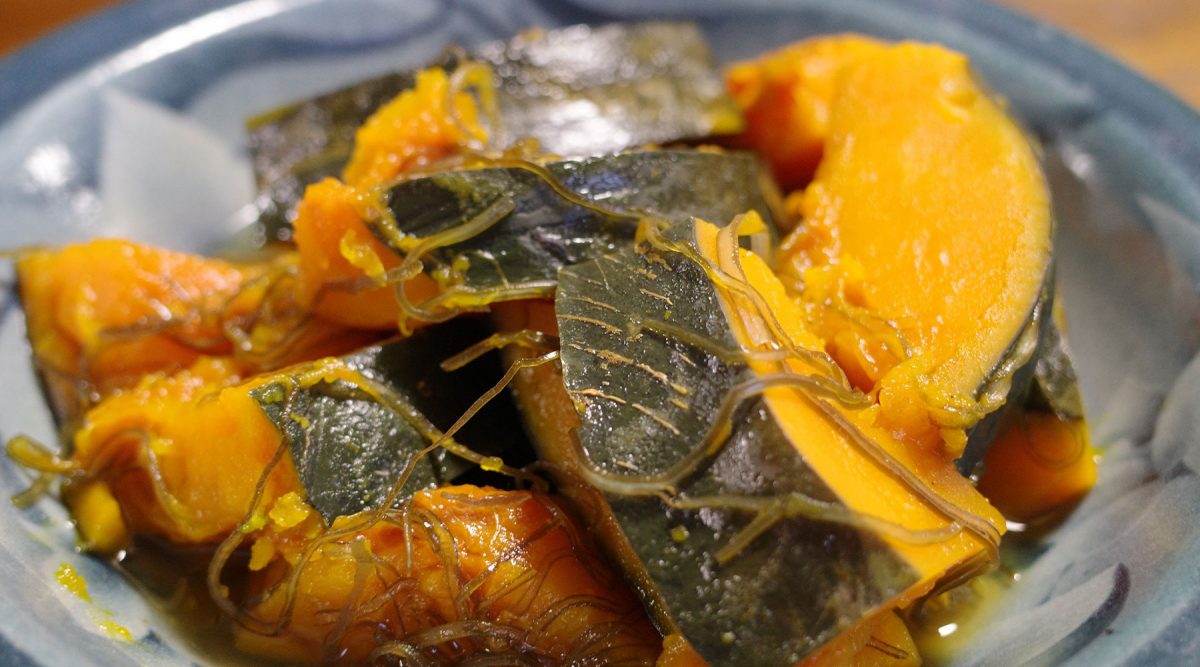
Stewed Japanese style pumpkin is a quick way to add a vegetable side dish to a meal.
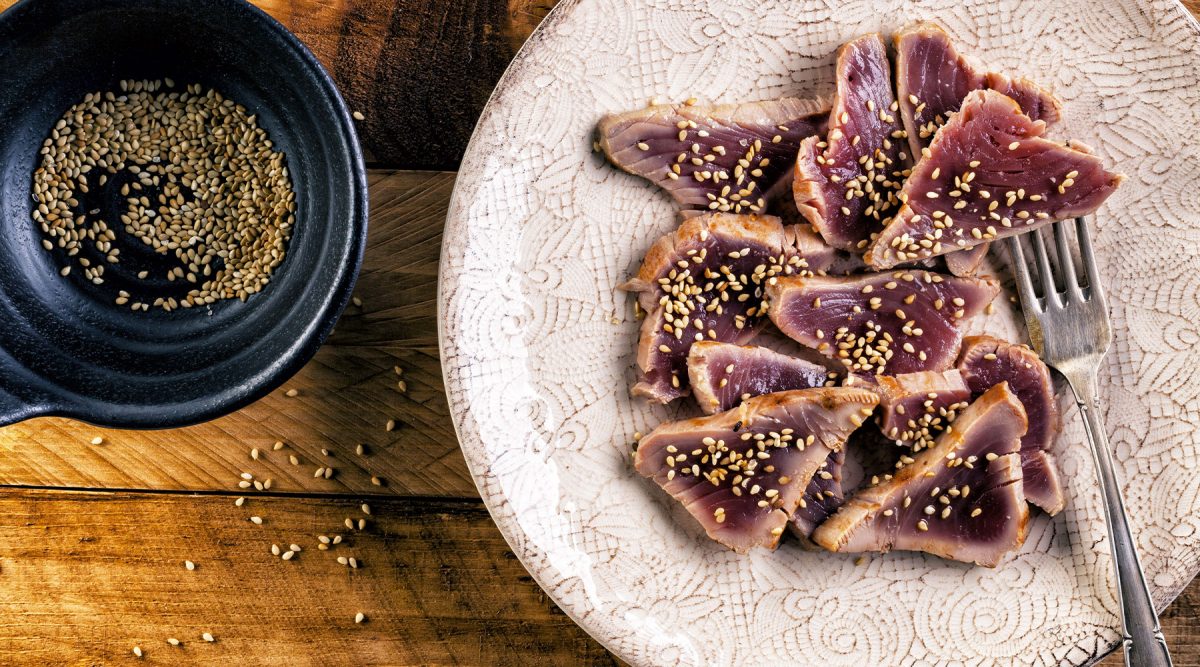
If you don’t like raw tuna, you can introduce yourself to the world of sashimi by half cooking the fish.